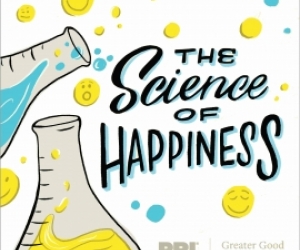- 文章信息
- 作者: kaiwu
- 点击数:917
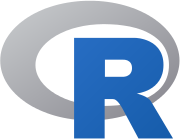
| website | https://www.r-project.org/ |
| download | https://cran.r-project.org/ |
| wikipedia | |
| R Packages | https://cran.r-project.org/web/packages/index.html |
| Rtools | https://cran.r-project.org/bin/windows/Rtools/ |
| R Journal | https://journal.r-project.org/ |
| R Manuals | https://cran.r-project.org/manuals.html |
| Rstudio | https://posit.co/ |
| getting started with R | https://mran.microsoft.com/documents/getting-started |
| June 15, 2024 | R 4.4.1 |
R is a programming language for statistical computing and graphics supported by the R Core Team and the R Foundation for Statistical Computing. Created by statisticians Ross Ihaka and Robert Gentleman, R is used among data miners, bioinformaticians and statisticians for data analysis and developing statistical software.[6] Users have created packages to augment the functions of the R language.
According to user surveys and studies of scholarly literature databases, R is one of the most commonly used programming languages used in data mining.[7] As of March 2022, R ranks 11th in the TIOBE index, a measure of programming language popularity, in which the language peaked in 8th place in August 2020.[8][9]
The official R software environment is an open-source free software environment within the GNU package, available under the GNU General Public License. It is written primarily in C, Fortran, and R itself (partially self-hosting). Precompiled executables are provided for various operating systems. R has a command line interface.[10] Multiple third-party graphical user interfaces are also available, such as RStudio, an integrated development environment, and Jupyter, a notebook interface.
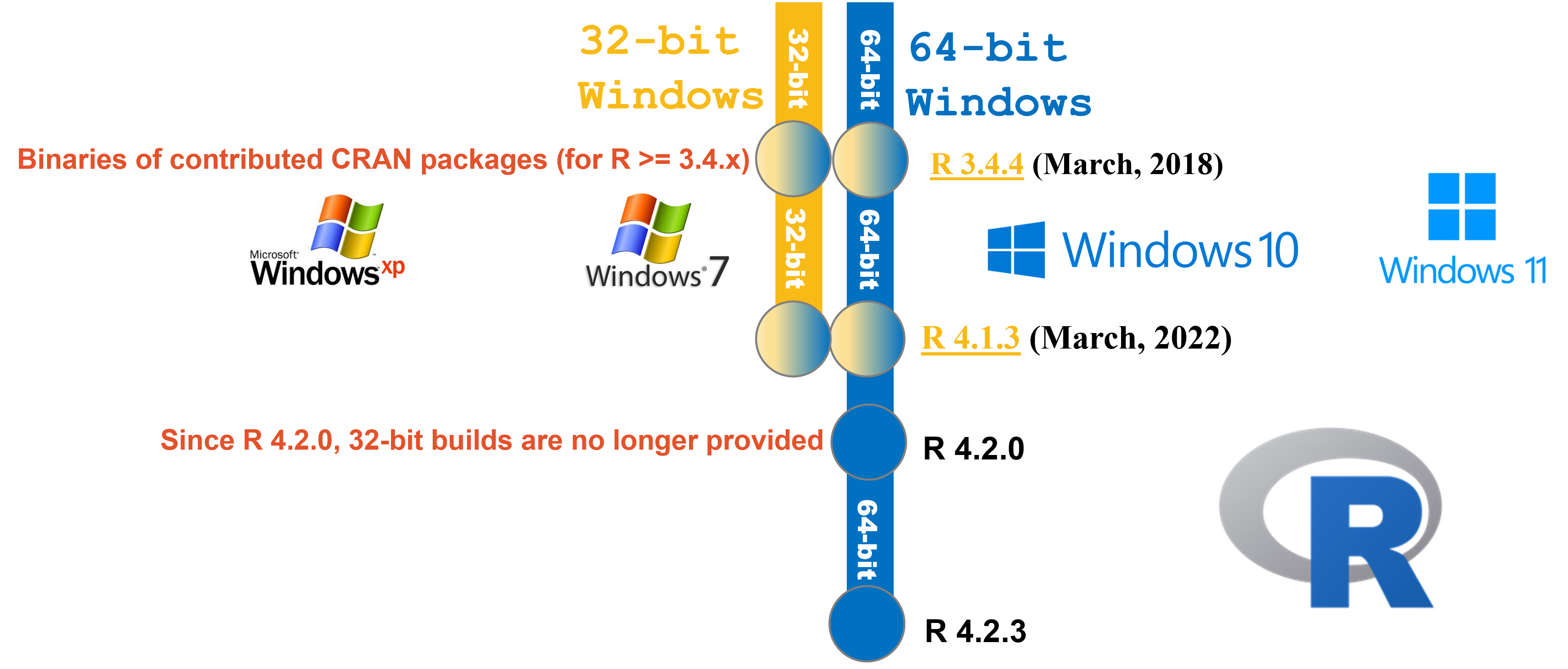
https://cran.r-project.org/bin/windows/base/rw-FAQ.html
How do I install R for Windows?
Current binary versions of R are known to run on Windows 7 or later. R 4.1 is the last version that supported 32-bit versions: See Can I use R on 64-bit Windows?. R 4.2.0 requires the Universal C Runtime (UCRT), which is included in Windows 10 and Windows Server 2016 or newer. On earlier versions of Windows, UCRT has to be installed before installing R. UCRT is available for Windows since Windows Vista SP2 and Windows Server 2008 SP2. Windows XP is no longer supported.
Can I use R on 64-bit Windows?
Yes, and this is the primarily used and the only tested option now. Since R 4.2.0, 32-bit builds are no longer provided.
R IDE(integrated development environment)
Rstudio
https://posit.co/download/rstudio-desktop/
Jupyter Notebook
https://www.practicaldatascience.org/html/jupyter_r_notebooks.html
install.packages("IRkernel")
IRkernel::installspec()
nteract
install.packages(c('repr', 'IRdisplay', 'evaluate', 'crayon', 'pbdZMQ', 'devtools', 'uuid', 'digest'))
devtools::install_github('IRkernel/IRkernel')
IRkernel::installspec()
Rcode
http://www.pgm-solutions.com/rcode/download
Tinn-R
Visual Studio Code
https://code.visualstudio.com/
RKWard
https://rkward.kde.org/index.html
Microsoft R
Running R in the cloud
https://www.tutorialspoint.com/execute_r_online.php
JASP
Jamovi
https://www.jamovi.org/
History of R
Robert Gentleman

Ross Ihaka

R is an implementation of the S programming language combined with lexical scoping semantics, inspired by Scheme.[1] S was created by John Chambers in 1976 while at Bell Labs. A commercial version of S was offered as S-PLUS starting in 1988.
Much of the code written for S-PLUS runs unaltered in R.[10]
In 1991 Ross Ihaka and Robert Gentleman at the University of Auckland, New Zealand, began an alternative implementation of the basic S language, completely independent of S-PLUS, which they began publicizing in 1993.[11] It was named partly after the first names of the first two R authors and partly as a play on the name of S.[12] In 1995, Martin Maechler convinced Ihaka and Gentleman to make R free and open-source software under Version 2 of the GNU General Public License.[13][14] The R Core Team was formed in 1997 to further develop the language.[12] As of 2021, it consisted of Gentleman, Ihaka, and Maechler, plus Douglas Bates, John Chambers, Peter Dalgaard, Kurt Hornik, Tomas Kalibera, Michael Lawrence, Friedrich Leisch, Uwe Ligges, Thomas Lumley, Martin Morgan, Paul Murrell, Martyn Plummer, Brian Ripley, Deepayan Sarkar, Duncan Temple Lang, Luke Tierney, and Simon Urbanek. Heiner Schwarte, Guido Masarotto, Stefano Iacus, Seth Falcon, and Duncan Murdoch were also formerly members.[15]
The first official release came in 1995.[11] The Comprehensive R Archive Network (CRAN) was officially announced 23 April 1997 with 3 mirrors and 12 contributed packages.[16] The first official "stable beta" version (v1.0) was released 29 February 2000.[17][18]
The CRAN package repository features 18391 available packages on August 10, 2022.
https://cran.r-project.org/web/packages/index.html
https://www.tiobe.com/tiobe-index/r/
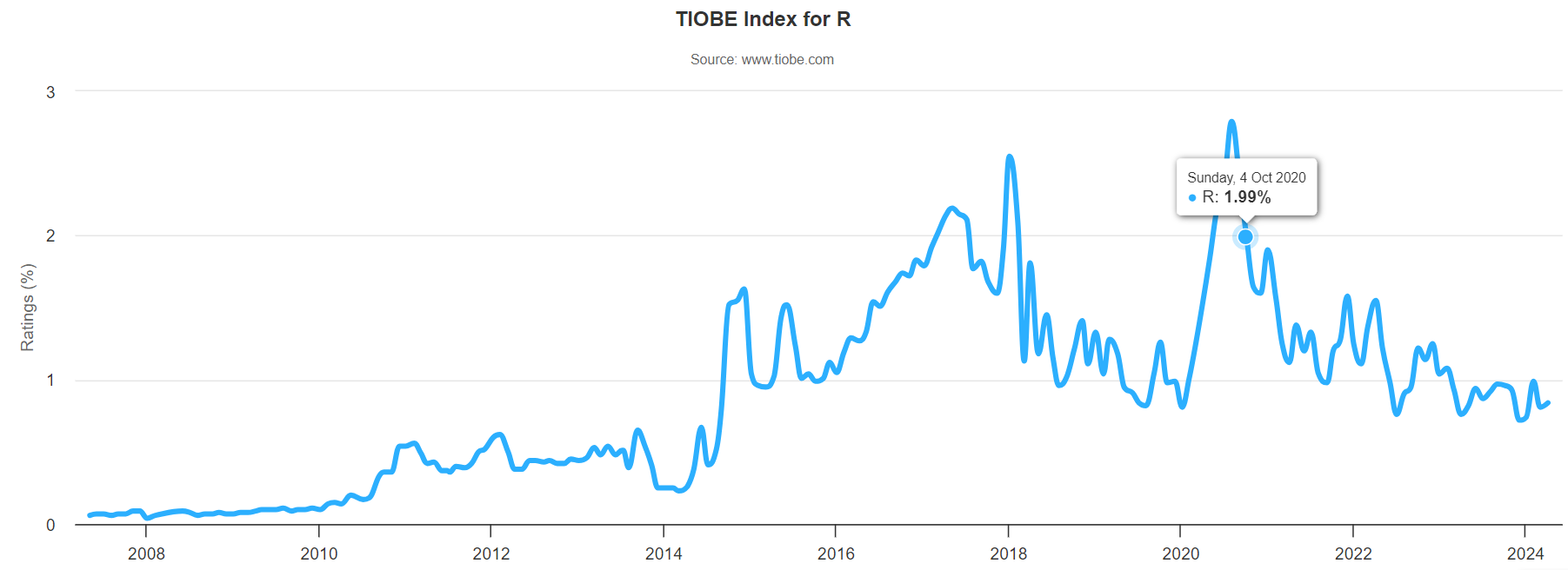
Downloads (https://cranlogs.r-pkg.org/badges/mltools)
Downloads in last day (https://cranlogs.r-pkg.org/badges/last-day/mltools)
Grand total (https://cranlogs.r-pkg.org/badges/grand-total/mltools)
App for r package downloads(David Robinson)
https://ipub.com/dev-corner/apps/r-package-downloads/
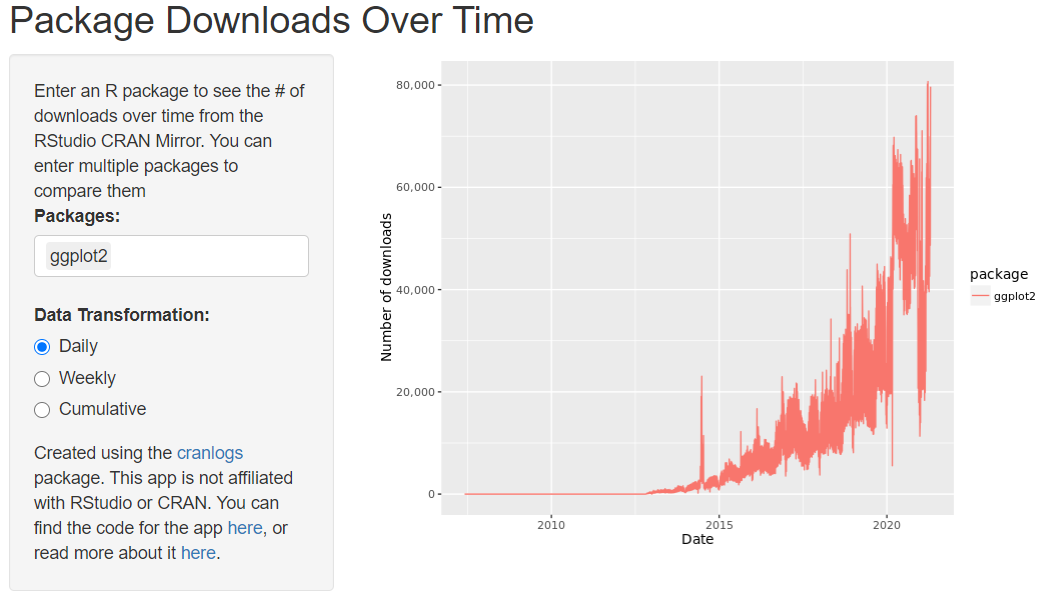
https://www.analyticsvidhya.com/wp-content/uploads/2016/07/DataAnalysis_R.pdf
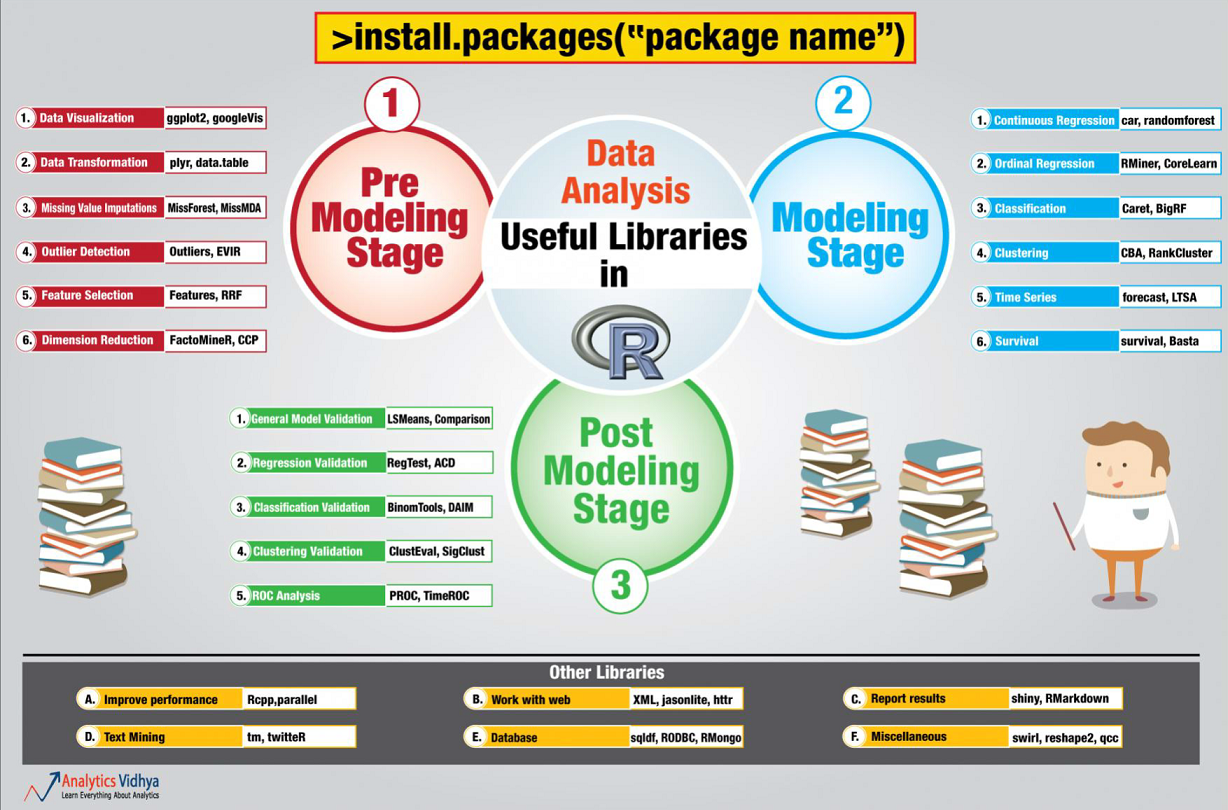
Microsoft R Application Network: https://mran.microsoft.com/
Quick-R
R bloggers
Data Science Made simple
http://www.datasciencemadesimple.com/learn-r-what-is-r/
Data Camp
Try R
Database using R
R for excel
https://www.rforexcelusers.com/
- Handling Strings with R. This book aims to help you get started with manipulating strings with R (new bookdown version, work in progress).
- Handling and Processing Strings in R (old pdf version).
- Pack YouR Code. This book aims to help you get started with the creation of an R package (work in progress).
- A Matrix Algebra Companion for Statistical Learning. The purpose of this book is to help you understand how statistical notions are connected to matrix algebra concepts that constantly appear around Statistical Learning methods (work in progress).
- PLS Path Modeling with R. This book provides a hands-on introduction to Partial Least Squares Path Modeling (PLS-PM) using the R package "plspm".
- The Saga of PLS. This text narrates the story behind the origins, development, and evolution of Partial Least Squares (PLS) methods.
- 文章信息
- 作者: kaiwu
- 点击数:1565
Journal Citation Reports is an annual publication which indicates the most frequently cited journals in a field, the highest impact journals in a field, and the largest journals in a field.
Journal Citation Reports™ (JCR) provides you with the transparent, publisher-neutral data and statistics you need to make confident decisions in today’s evolving scholarly publishing landscape, whether you’re submitting your first manuscript or managing a portfolio of thousands of publications.
Quickly understand a journal’s role within and influence upon the global research community by exploring a rich array of citation metrics, including the Journal Impact Factor™ (JIF), alongside descriptive data about a journal’s open access content and contributing authors
1. access the JCR website
Journal Citation Reports are not free.
Access https://jcr.clarivate.com in the university’s network or by remote access (VPN) if the university has bought the license to the database.
click【Products】- 【Journal Citation Reports】

2.Find relevant categories or journals
2.1 click【Browse Categories】
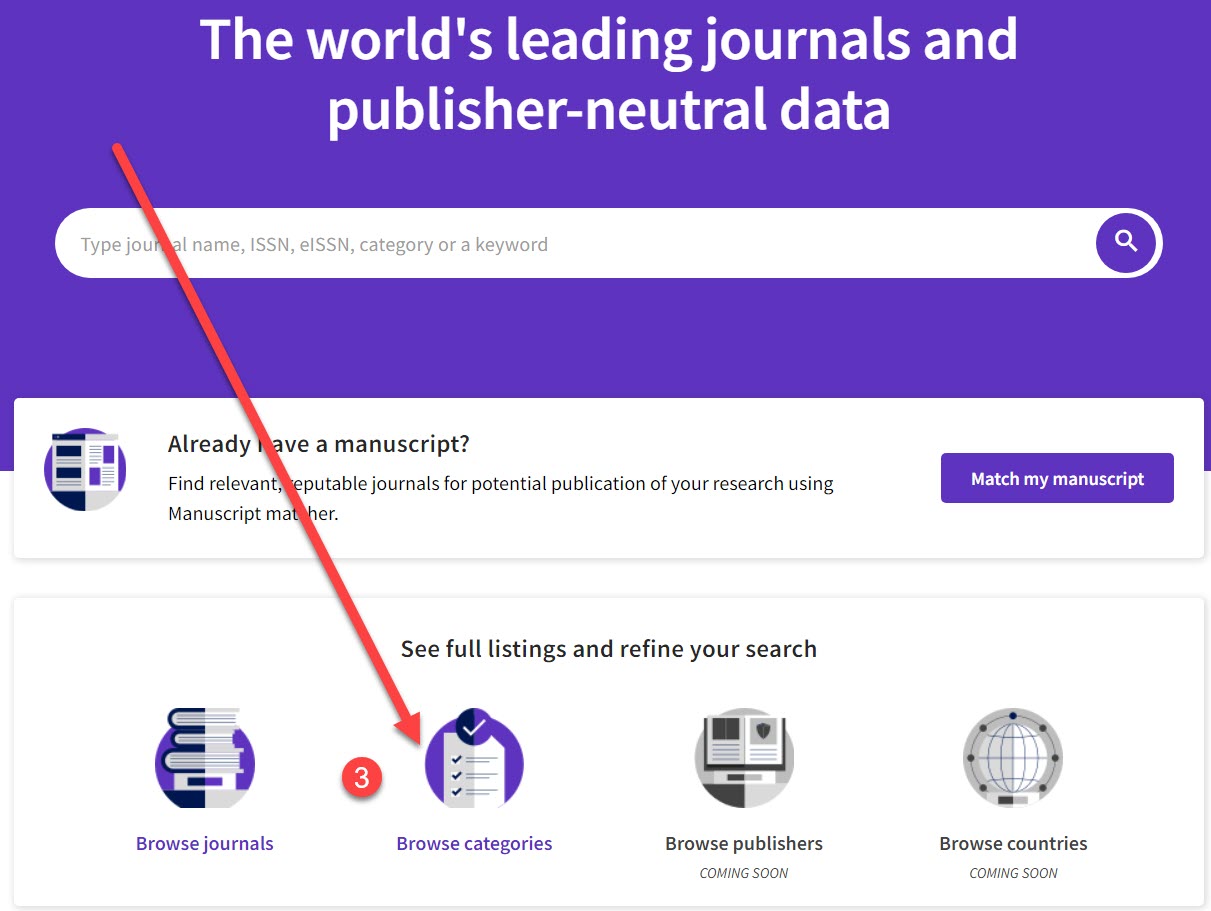
2.2 select【Social sciences,genernal】-【Hospitality,Leisure, Sport & Tourism】
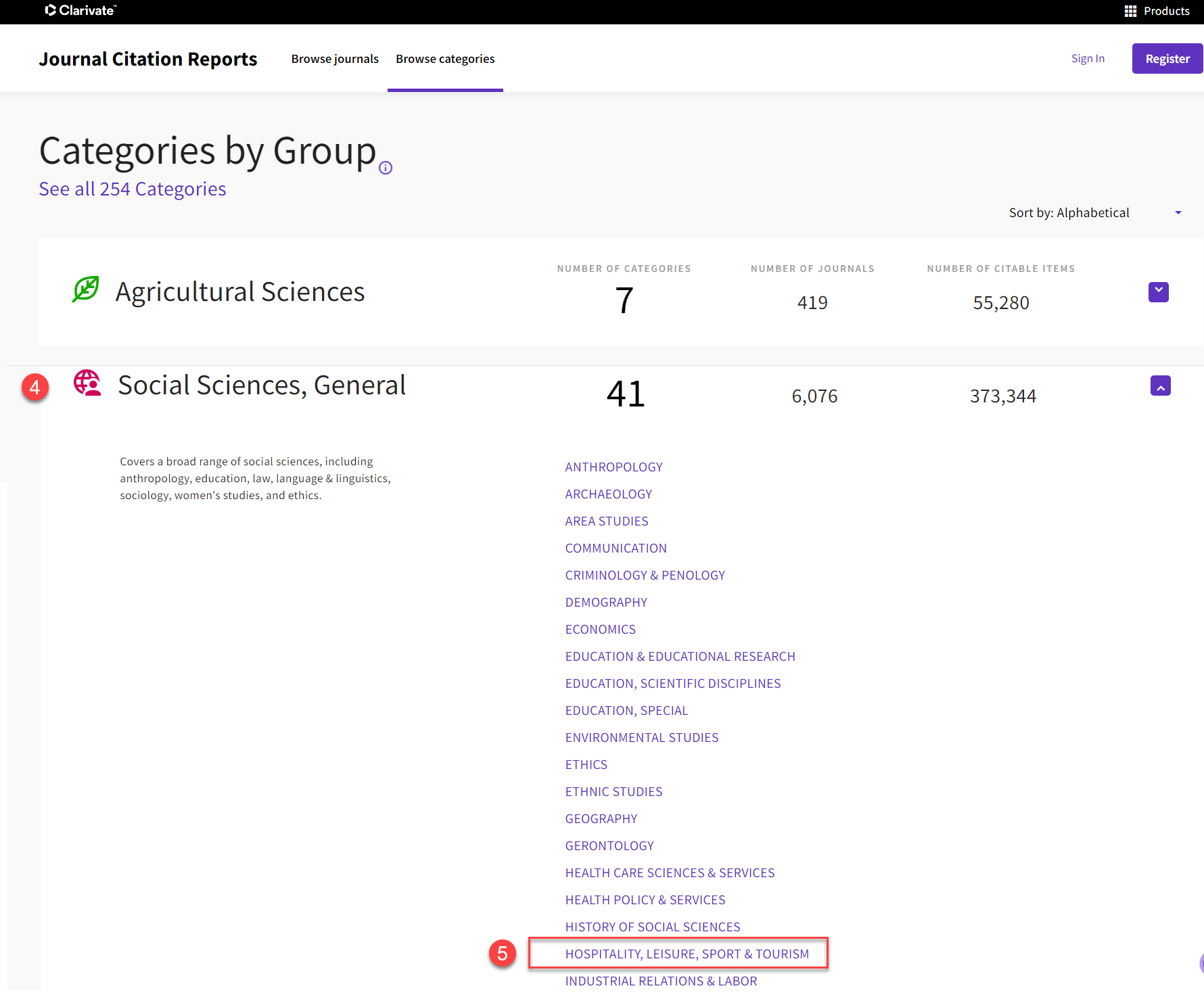
2.3 click【SSCI】(58 journals)

3.Export the spreadsheet file
click【Export】button to download the csv file.
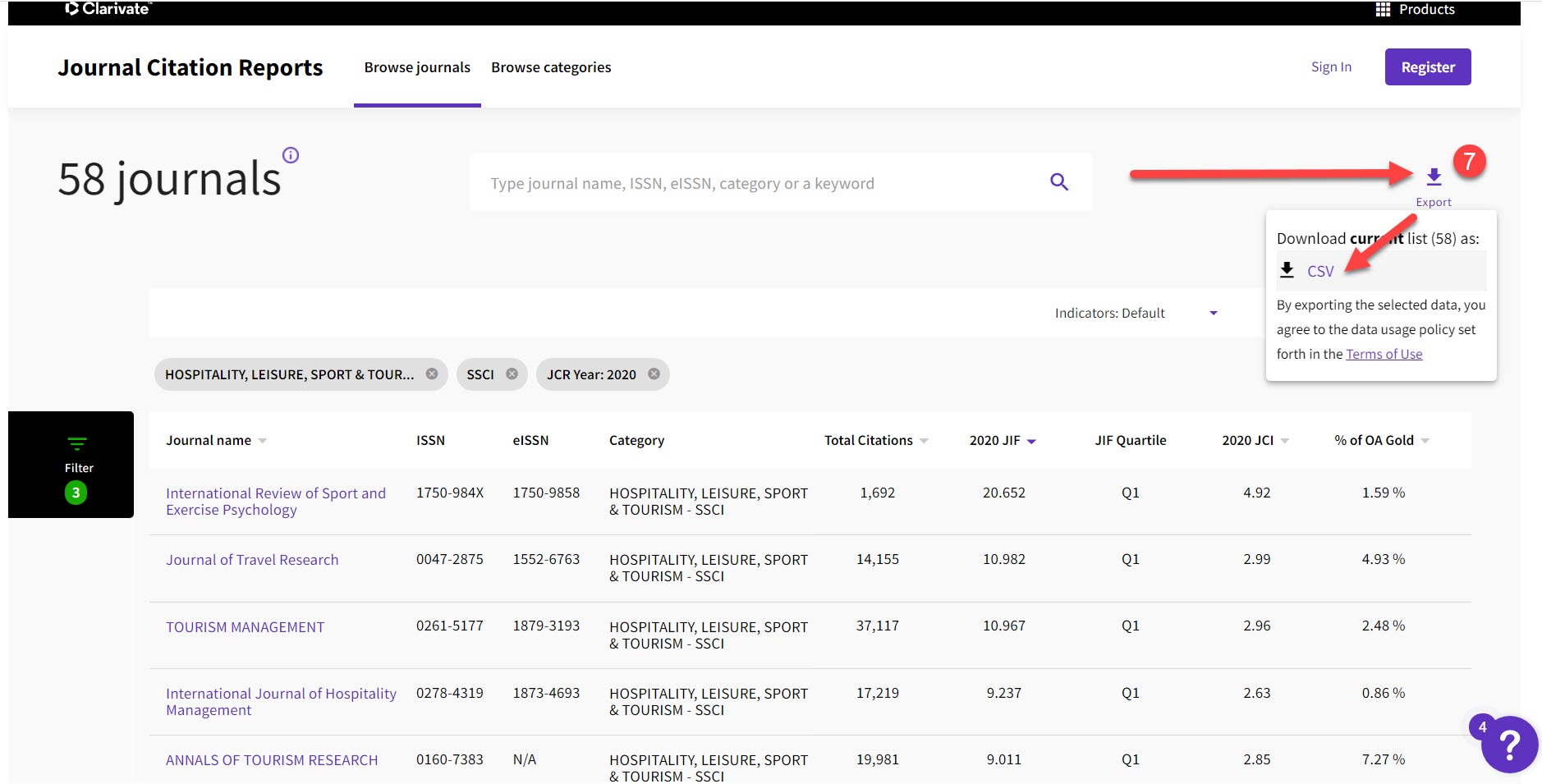
JCR(with weblinks) on hospitality, leisure, sport and tourism:
http://kaiwu.city/index.php/5-sscijournal
- 文章信息
- 作者: kaiwu
- 点击数:1383
至善科学中心(GGSC,the Greater Good Science Center)
http://greatergood.berkeley.edu

GGSC是美国加州大学伯克利分校(University of California, Berkeley)的一个跨学科研究中心,该中心成立于2001年,2009年开始出版在线杂志《Greater Good》(ISSN 1553-3239)。至善科学中心(GGSC,the Greater Good Science Center)这个网站呈现了很多积极心理学(positive psychology)相关的研究成果,网站界面清新流畅;内容丰富有趣;插图精美雅致。
GGIA(Greater Good in Action):http://ggia.berkeley.edu/
维基百科网址:https://en.wikipedia.org/wiki/Greater_Good_Science_Center

